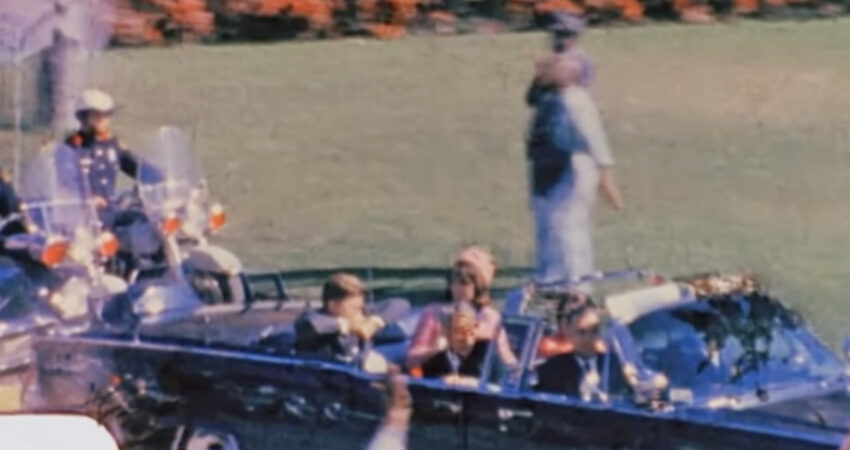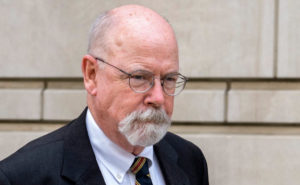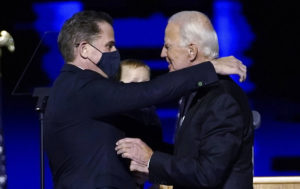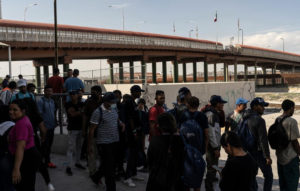A former Secret Service agent who witnessed the assassination of President John F. Kennedy has come forward to express doubts about the official findings of the Warren Commission, which concluded that Lee Harvey Oswald acted alone in killing Kennedy. Paul Landis, who had previously believed in the lone gunman theory, is now questioning whether additional shooters may have been involved.
Landis’ change of perspective stems from his own experiences on the day of Kennedy’s assassination in Dallas, Texas. He was in a car following the president’s motorcade when he heard gunshots ring out. While he had initially believed in Oswald’s sole responsibility for the assassination, he is now reconsidering.
One significant discrepancy Landis points to is the location of a bullet he discovered. The Warren Commission’s conclusion, known as the “magic bullet theory,” was based on a bullet found on a stretcher that had supposedly passed through Kennedy and then-Governor John Connally. However, Landis recalls finding the bullet lodged in the limousine seat behind where Kennedy had been seated when he arrived at the hospital.
To preserve the evidence, Landis picked up the bullet and placed it on Kennedy’s stretcher, hoping it would assist doctors in understanding what had happened. He believes that the bullet may have lost velocity in Kennedy’s back and became embedded in the limousine seat.
Landis’s forthcoming memoir, titled “The Final Witness: A Kennedy Secret Service Agent Breaks His Silence After 60 Years,” is expected to provide further details about his experiences and changing perspective. Legal experts and historians suggest that if Landis’s account is accurate, it could reopen questions about the possibility of a second shooter or broader conspiracy theories related to Kennedy’s assassination.
Landis’s decision to share his doubts about the official narrative adds another layer of complexity to one of the most significant events in American history and the ongoing debate over who was responsible for the tragic assassination of President John F. Kennedy.





